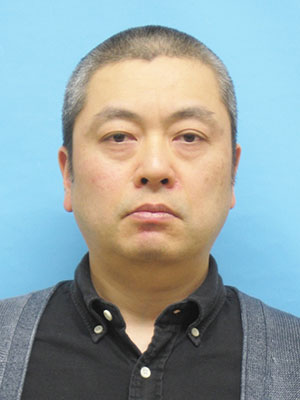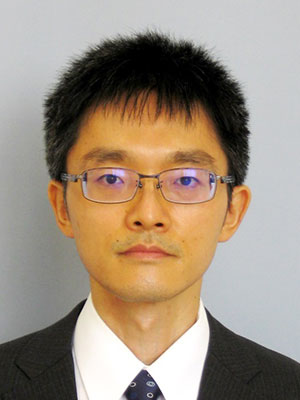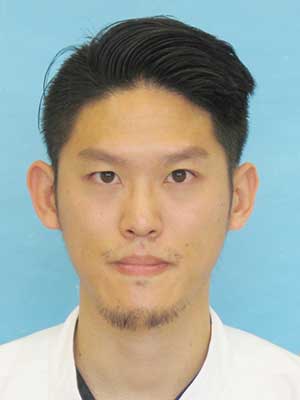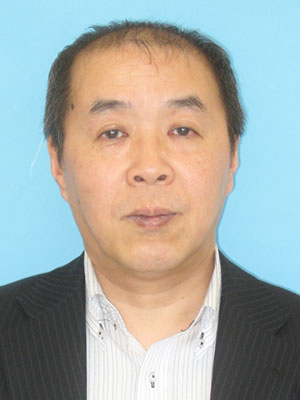Department of Nuclear Medicine
Medical services and specialties
The Department of Nuclear Medicine provides diagnostic and treatment services based on use of radioactive tracers for a wide range of diseases. Our board-certified physicians and skilled technologists are proud to be able to offer medical services of the highest possible quality in nuclear medicine.
When low doses of radiopharmaceuticals are administered, they travel to a specific part of the body and emit gamma rays that can be detected outside the body by specialized imaging systems known as single-photon emission computed tomography (SPECT) or positron emission tomography (PET). Unlike other imaging methods, such as X-ray, computed tomography (CT) and magnetic resonance imaging, which simply take pictures of structures in the body, nuclear imaging can show how these structures function in health and disease. The equipment in our department includes two SPECT/CT cameras, two PET/CT cameras, and an in-house cyclotron system. The amount of radiation exposure from nuclear diagnostic imaging is similar to that from other radiographic examinations, such as X-ray, barium studies, or conventional CT.
Nuclear medicine is also used to treat a number of diseases. When radiopharmaceuticals are used to treat cancer, they are targeted to the diseased organ or lesions, and the emitted radiation selectively destroys the cancer cells. We offer several types of treatments and all are performed on an outpatient basis.
Physicians in charge
Professor
Ichiei Kuji
- Specialty area
- Nuclear medicine in general (central nerve, heart, tumor, etc.)
- Credentials
- Board Certified Member / Instructor of Japanese Society of Nuclear Medicine, Board Certified Diagnostic Radiologist / Instructor of Japan Radiological Society, Board Certified Member of Nuclear Medicine – PET, First Class Radiation Protection Supervisor
Assistant Professor
Akira Seto
- Specialty area
- Nuclear medicine in general (central nerve, heart, tumor, etc.)
- Credentials
- Board Certified Member / Instructor of Japanese Society of Nuclear Medicine, Board Certified Diagnostic Radiologist of Japan Radiological Society, Board Certified Member of Nuclear Medicine - PET, First Class Radiation Protection Supervisor
Assistant Professor
Yohji Matsuzaka
- Specialty area
- Nuclear medicine in general
- Credentials
- Board Certified Member of Japanese Society of Nuclear Medicine, Board Certified Diagnostic Radiologist of Japan Radiological Society, Board Certified Member of Nuclear Medicine – PET, First Class Radiation Protection Supervisor
Instructor
Ryuta Egi
Professor
Ichiro Matsunari
- Specialty area
- Nuclear medicine in general (central nerve, heart, etc.)
- Credentials
- Board Certified Member / Instructor of Japanese Society of Nuclear Medicine, Board Certified Member of Nuclear Medicine – PET, Board Certified Radiologist of Japan Radiological Society




